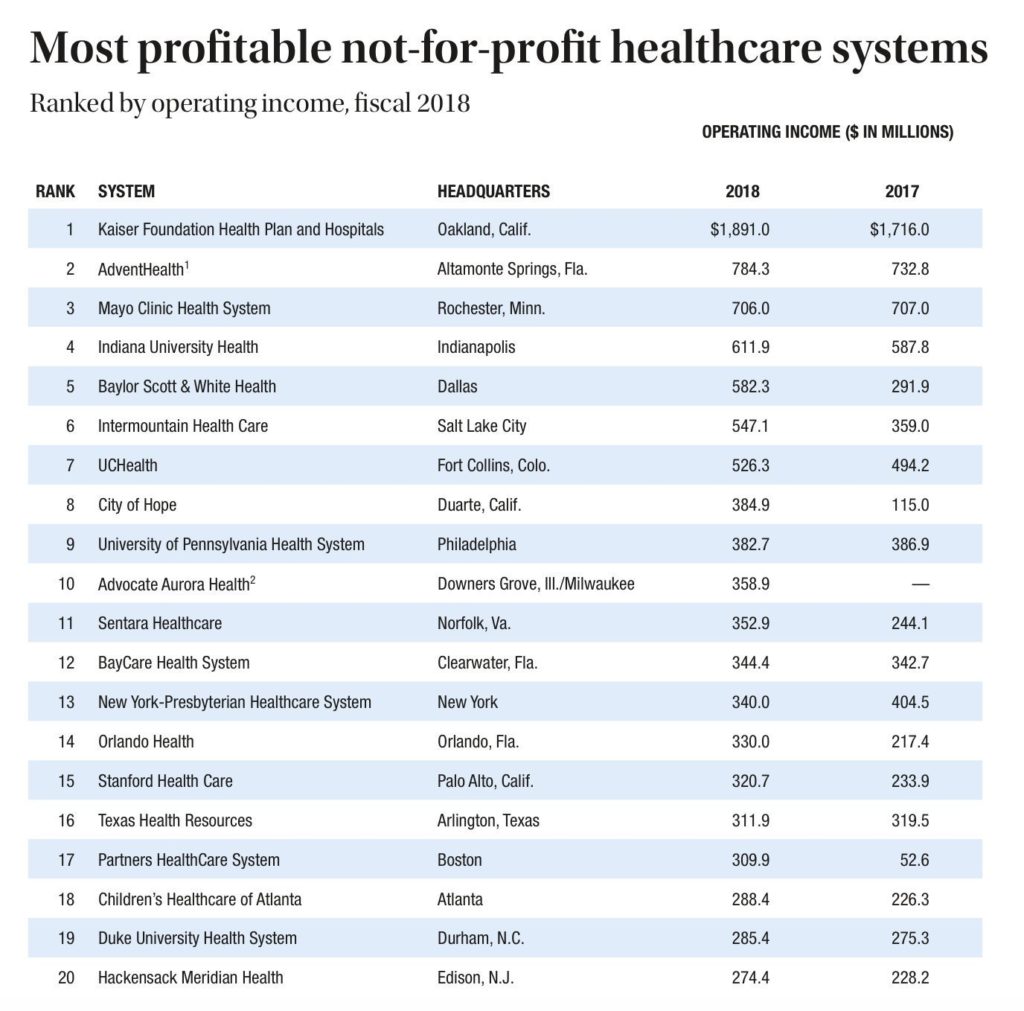
By MATTHEW HOLT
Rob Coppedge and Bryony Winn wrote an interesting article in Xconomy yesterday. I told Rob (& the world) on Twitter yesterday that it was good but wrong. Why was it wrong? Well it encompasses something I’m going to call the Lynne Chou O’Keefe Fallacy. And yes, I’ll get to that in a minute. But first. What did Rob and Bryony say?
Having walked the halls and corridors and been deafened by the DJs at HLTH, Rob & Bryony determined why many digital health companies have failed (or will fail) and a few have succeeded. They’ve dubbed the winners “Digital Health Survivors.” And they go on to say that many of the failures have been backed by VCs who don’t know health care while the companies they’ve invested in have “product-market fit problems, sales traction hiccups, or lack of credible proof points.”
What did the ” Survivors” do? They have:
“hired health care experts, partnered effectively, and have even co-developed their models alongside legacy players. Many raised venture capital from strategic corporate investors who have helped them refine their product, accelerate channel access, and get past the risk of “death by pilot.”
Now it won’t totally shock you to discover that Rob heads Echo Health Ventures, the joint VC fund from Cambia Heath Solutions (Blues of Oregon) & BCBS of N. Carolina, and Bryony runs innovation at BCBS of N. Carolina. So they may be a tad biased towards the strategic venture = success model. But they do have a point. Many but not all of their portfolio are selling tools and services to the incumbents in health care, which mostly includes health plans, hospitals and pharma.
And now we get to the Lynne Chou O’Keefe fallacy. (You might argue that fallacy is the wrong term, but bear with me).
Lynne is another super smart VC and having decamped from the break up of Kleiner Perkins, has just started her own fund, Define Ventures. About two years ago she gave a talk at a Health 2.0 Chapter meeting in San Francisco which was a wonderful roadmap for what a tech company needed to do to “partner with” (i.e. sell to) hospitals, plans and pharma. As you might imagine it included a bunch of getting to know your customers’ problems, doing a whole amount of data analytics, getting your clinical process correct, etc, etc. But in the end, Lynne’s assessment was that the best bet for a health tech startup’s success was to improve the life of an incumbent.
I don’t have a problem with that advice per se, and frankly I send many of the startups I advise to incumbents, hoping that they’ll become clients or investors. But here’s the mistake made by Rob & Bryony. They say:
“Despite being attacked on all sides from innovative startups, well-capitalized tech companies, big retail brands, and government regulators, traditional health care services companies simply don’t seem disrupted yet. In fact, driven by consolidation and strong financial performance, many are healthier and appear more confident than ever. And some of the more successful ones even seem downright innovative themselves, having learned from innovators to build, buy, and partner their way to new capabilities.”
“These Innovative Incumbents are differentiated by their commitment to becoming good partners with the “Digital Health Survivors.” They have realized that winning in the future means bringing together better solutions and consumer experiences than their competitors.”
There’s an illusion out there that these incumbents are doing well financially because they are able to take the best of the digital health tech and ideas and change what they are doing.
No one who looks at the US health care system can possibly believe that the incumbents have changed their behavior to adopt the consumer friendly ethos of the digital health tech crowd. They are making money the old fashioned way, by creating monopolies (including buying up physician networks to feed the inpatient beast), ramping up drug prices, (something Rob’s boss Mark Ganz has been very explicit about) and aggressively pursuing patients for collections. And when they get caught in the act, they settle to keep it out of the media. Now, given that the Obama administration was set on HITECH and trying to roll out the ACA, and the Trump administration can’t manage to create a coherent policy on anything, regulators have been more or less absent so it’s no surprise that we’ve had a decade plus of incumbents running rampant. That’s why we are in the mess we are in today and why 35% of the country wants single payer and another 35% want a massive expansion of the ACA.
I’m not sure if Rob & Bryony caught the talk from one of the incumbents at HLTH, but Pam Kehaly, CEO of Blues of Arizona, said something very revealing: “we pat ourselves on the back about value based care but 90% of America is just doing fee-for-service.” The incumbents know how to play that game and they are winning. Just look at the profit totals for those top provider systems.

Which brings me to what’s wrong with all of this and it’s the question I asked Lynne at that talk, mindful of her Kleiner Perkins heritage and the alleged $1bn profit Kleiner made on their Amazon investment.
When Jeff Bezos came to pitch John Doerr to invest in Amazon, did he explain how he was going to build a system to help Barnes & Noble sell more books or help Sears sell more clothes? No, he came to put those companies out of business.
Where are the VCs who want to invest in today’s health care equivalent? Because that’s what we need.
Matthew Holt is the Founder and publisher of THCB
The post The Lynne Chou O’Keefe Fallacy appeared first on The Health Care Blog.
